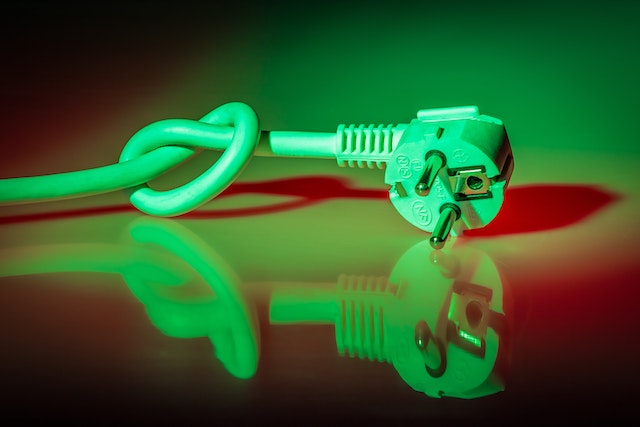In the realm of modern connectivity, M12 cables are a technological marvel that often goes unnoticed but plays a crucial role in ensuring seamless data transmission and power supply in a wide range of applications. These compact, robust cables have become a staple in industries such as manufacturing, automation, automotive, and more. In this comprehensive guide, we will unravel the wonders of M12 cables, exploring their various types, applications, benefits, and key considerations.
What Are M12 Cables?
M12 cables, also known as M12 connectors or M12 circular connectors, are a type of electrical cable commonly used to establish connections between devices and systems. These cables are characterized by their circular, threaded connectors, which provide a secure and reliable connection in challenging environments. M12 connectors come in a variety of sizes, with the number “12” indicating the diameter of the connector in millimeters. The most common sizes are M12, M12x1, and M12x1.5.
Types of M12 Cables
M12 cables come in various types, each designed for specific applications and environments. Here are some common types of M12 connectors:
- M12 Sensor/Actuator Connectors: These connectors are widely used in industrial automation and control systems to connect sensors, actuators, and other field devices. They are available in 3, 4, 5, 8, or 12-pin configurations, with different coding options to prevent misconnections.
- M12 Ethernet Connectors: M12 Ethernet connectors are designed for industrial Ethernet applications, including Ethernet/IP, PROFINET, and EtherCAT. They enable high-speed data transfer in harsh industrial environments.
- M12 Power Connectors: These connectors are used to transmit power in addition to data signals. They are ideal for applications where both power and data are required, such as motor control or power distribution.
- M12 Field Attachable Connectors: Field attachable connectors allow users to customize cable lengths and connections on-site. They are convenient for quick installations and repairs.
Applications of M12 Cables
M12 cables find their utility in a wide range of industries and applications, including:
- Factory Automation: M12 cables are used to connect sensors, actuators, motors, and other devices in automated manufacturing processes. Their robust design ensures reliable performance in harsh industrial environments.
- Automotive Industry: M12 connectors are used in automotive applications to connect various sensors, cameras, and control modules. They withstand extreme temperatures and vibrations, making them a go-to choice for the automotive sector.
- Transportation: M12 connectors are utilized in railway systems, marine applications, and public transportation for reliable communication and power distribution.
- Food and Beverage: M12 cables are suitable for food processing plants due to their resistance to water, chemicals, and extreme temperatures.
- Building Automation: These connectors are used to connect HVAC systems, access control devices, and security systems in commercial and residential buildings.
Benefits of M12 Cables
M12 cables offer several advantages that make them a preferred choice for many applications:
- Robust and Durable: M12 connectors are built to withstand tough environmental conditions, including dust, moisture, and vibration.
- Secure Connection: The threaded design of M12 connectors ensures a secure and tamper-resistant connection, reducing the risk of accidental disconnection.
- Versatility: With a wide range of pin configurations and coding options, M12 connectors can be tailored to suit various applications.
- Quick Installation: M12 connectors are easy to install and require minimal tools, making them ideal for field wiring and repairs.
- High-Speed Data Transfer: M12 Ethernet connectors support high-speed data transmission, making them suitable for modern industrial communication systems.
Key Considerations When Using M12 Cables
When using M12 cables, it’s essential to consider the following factors:
- Environmental Conditions: Ensure that the M12 connectors and cables you choose are suitable for the specific environmental conditions of your application, such as temperature, moisture, and chemical exposure.
- Coding: Use the correct coding scheme to prevent misconnections, especially in applications with multiple M12 connections.
- Cable Length: Select the appropriate cable length to meet the requirements of your application. Field-attachable connectors allow for customization.
- Shielding: Consider whether shielding is necessary to protect against electromagnetic interference (EMI) or radio frequency interference (RFI).
- IP Rating: Check the IP rating of the connectors to ensure they meet the required protection level against dust and water.
